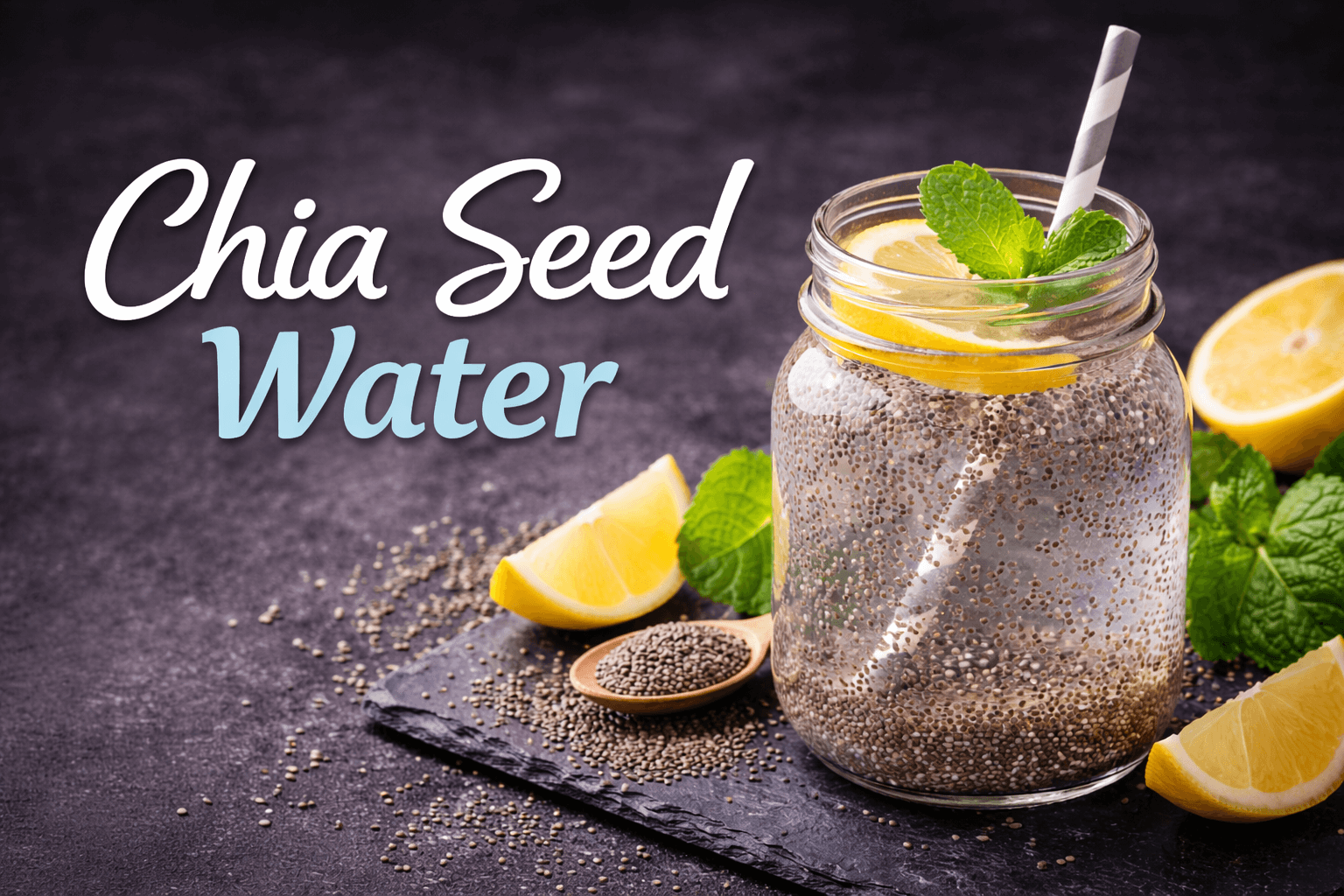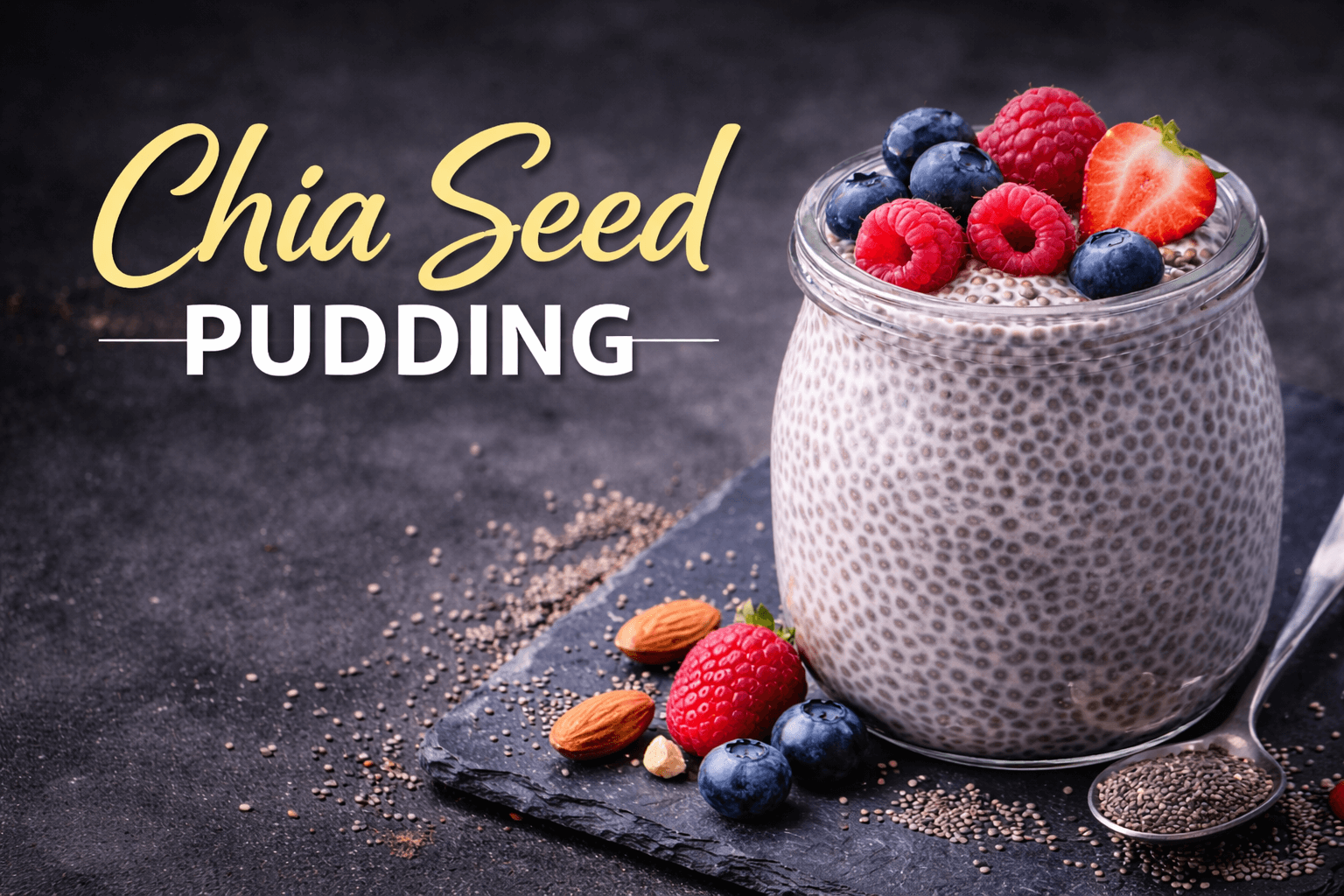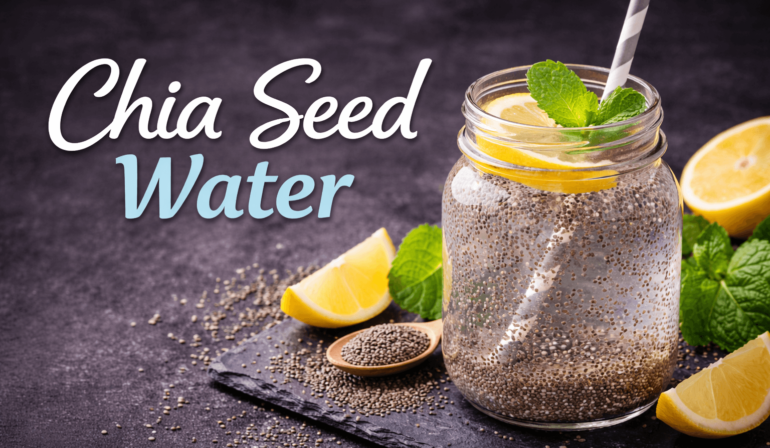Protein Powder 101: Everything You Need to Know to Get Started

You must want to fuel your fitness journey, but so many protein powders have confused you! 💪 Don’t feel that you are alone. All that is is a pretty overwhelming mess for you! Enough, is, my friends. Protein powder must always be used for an individual fitness enthusiast, an athlete, or one wishing to further improve his/her nutrition to create perfect health and fitness results.
Protein Powder 101: Everything You Need to Know to Get Started is your guide for demystifying this very popular supplement. Learn how to demystify everything you need to know about choosing, using, timing, dosing, and ensuring your safety on various types of protein powders like whey and casein, not forgetting vegan options. 🌿🥛 Above all, you will learn insider tips on how to make the most of your protein powder to guarantee full benefits. Time to change your whole perspective on protein powders and take it to a whole new level in achieving your fitness goals!
Visit PowerUplift for more workout inspiration.
Table of Contents
Understanding Protein Powder

What is protein powder?
Protein powder is concentrated protein derived from a variety of sources and comes in powdered form. It is a vital nutrient that assists in the repair and growth of cells. Thus, it is particularly helpful for certain individuals such as children, pregnant women, and individuals with high-intensity physical activities. Protein powders are generally dietary supplements taken by gym enthusiasts and athletes to complement their daily intake of proteins.
Types of protein powder
There are some types of protein powders and they can be categorized into animal-based and plant-based options.
- Animal-derived proteins:
- Whey protein: Obtained from milk, it is a complete protein, which is present in concentrate and isolate forms.
- Casein protein: Also obtained from milk, it is slow-releasing and helpful in muscle recovery.
- Egg white protein: Convenient and can be cooked.
- Collagen: Although it is considered to be very beneficial for hair and skin, it is not a complete protein.
- Plant-based proteins:
- Soy protein: Complete protein that is often used to manage cholesterol levels.
- Hemp protein: Still a relatively new complete protein, still under study for its efficiency.
- Pea protein: Not a complete protein but has available iron.
- Rice protein: Often mixed with other plant proteins to form a complete protein.
- Mixed vegan blends: Combinations of various plant-based proteins.
Benefits of protein supplementation
Protein powder supplements are handy in several ways:
- Helps in muscle building and recovery: The most helpful supplement for post-workout recovery and muscle building.
- Supports weight management: A great meal replacement or snack for weight loss diets.
- Bring it along: Ease of adding it to smoothies, oatmeal, and baked goods for quick protein intake.
- Fills daily protein requirement: In achieving one’s total required protein intake with those having high needs or under dietary restrictions.
Who should use protein powder?
Protein powder is helpful to many, especially to:
- Athletes and sportsmen: In the recovery of muscles and in muscle building.
- Individuals who require more proteins: Pregnant women or children in growth.
- Those with dietary limitations: Vegetarians or vegans may find it difficult to obtain enough proteins from whole foods.
- Busy lifestyles: Individuals with a hectic lifestyle who can find it convenient in meal replacements or snacks.
It is essential to note that though protein powder is a useful supplement, it is not necessary if one can get enough from whole food sources. Sports dietitian Brian St. Pierre underlines the fact that quality protein sources taken three to four times a day can make supplements redundant for most people.
Now that the basics of protein powder, its kinds, benefits, and the groups of users are discussed, the next section is basically about the crux of how one should choose their appropriate protein powder. It helps avoid all the ambiguity related to the wide options present for you while choosing the right protein powder that fits your requirements and desired goals.
Choosing the Right Protein Powder
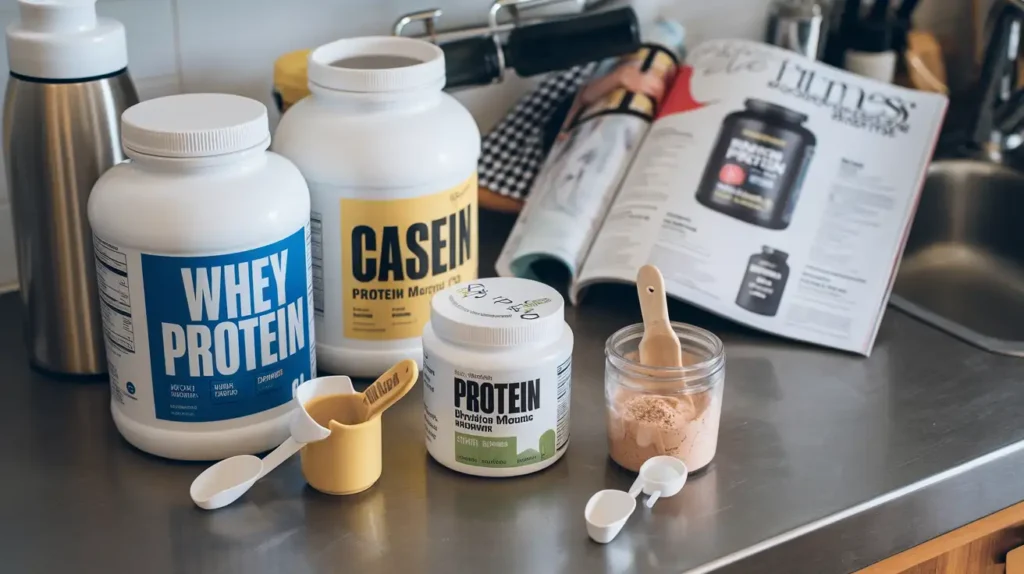
With the basic information about protein powder under your belt, let’s look into selecting the right type of product for your needs. Knowing what is out there will make it easier for you to select something that best fits your fitness and diet needs.
Whey protein: Fast-absorbing and versatile
Whey protein is a favorite among various protein powders, and one can see the reason why it is so well-liked: it is rich in leucine and it absorbs quickly due to its extraction from milk. Whey protein concentrate contains typically 78 to 88 % protein, though it also retains some lactose and fat; whey protein isolate, conversely, consists of 98% protein as most of its carbohydrates and fats are removed.
Casein protein: Slow-releasing for sustained nutrition
Casein protein does not digest easily and is excellent for consumption at night. Casein protein releases amino acids slowly, thus aiding in muscle recovery and growth for a longer time.
Plant-based options for vegans and vegetarians
There are several options for those following plant-based diets.
- Soy protein: It is made from defatted ground soybeans and has a complete protein profile with moderate digestion speed.
- Pea protein: It is highly digestible and is suitable for people with dietary restrictions, though it lacks a complete amino acid profile on its own.
- Hemp protein: This is lower in protein content (10-15 grams per scoop) but is rich in fiber and omega-3 fatty acids.
Protein blends: Best of both worlds
Blends of protein: Various types of protein are mixed to exploit the specific advantages. A combination of fast-acting whey with slow-releasing casein could ensure immediate as well as long-term release of amino acids.
Reading labels and understanding ingredients
When choosing a protein powder, one should consider the purity, nutritional profile, and price. One should avoid products that do not contain the protein amount advertised or might be subjected to amino spiking. Look for third-party testing certifications for quality.
One of the determining metrics would be the Protein Digestibility Corrected Amino Acid Score. The score determines protein quality. Whey, casein, egg white, and soy scored 1 while pea protein scored 0.69 and hemp scored 0.46.
Knowledge of different types of protein powders and how to select them will then allow us to proceed with exploring some optimal usage and timing for maximizing the benefits of your supplement.
Optimal Usage and Timing

Now that we’ve addressed how to pick the right protein powder, let’s examine optimal usage and timing to maximize the gains.
Pre-workout protein intake
Protein intake before a workout can help keep the blood sugar steady and reduce the breakdown of muscle. There’s some controversy in this, but the general idea is that carbohydrate-protein pairing is more ideal than protein alone to be taken before the exercise session. The carbohydrate will aid in fueling the workout and preserving muscle at the same time.
Post-workout recovery and muscle building
Studies show that for muscle gain and recovery, a protein within 24 hours of exercising is significant. However, it is not just about this; it should be about spreading consumption throughout meals to absorb effectively. For muscle builders, a protein shake in or out within an hour or two of exercise can be very beneficial for muscle repair as well as growth.
Meal replacement and weight management
Protein powder can be an effective weight management tool when used as a meal replacement. For weight loss, adding protein powder to a morning smoothie will increase satiety, reducing the urge to eat during the day. If using protein shakes as a meal replacement, they should be supplemented with carbohydrates and healthy fats to make a balanced meal. This helps in preserving muscle mass while still feeling full.
Bedtime protein for overnight muscle repair
Evenings might be a time for protein powder intake to assist in recovery at night. Such a strategy is useful for overnight muscle repair and growth. However, experts agree that there is no one ideal time for the intake of protein powder. Instead, it should be achieved through meals and snacks taken during the day.
Having understood optimal usage and timing, we now look at proper dosing and safety precautions to guarantee proper use and responsible consumption of protein powder.
Proper Dosage and Safety

Now that we’ve touched on the right usage and timing, let’s get into proper dosage and safety considerations in protein powder intake.
Determining your protein needs
Protein requirement differs for everybody according to weight, activity, and age. For an idle adult, RDA is about 0.8 grams per kilogram of body weight. Exercise professionals, who have the objectives of gaining lean mass or maintaining the acquired lean mass and muscle mass after the intense training period, are advised to use 1.4-3.1 grams per kilogram of body weight. The high performance athlete as well as individuals whose activities require significant amounts of strenuous training need 1.2-2.0 grams per kilogram of body weight.
Recommended serving sizes
A typical protein powder serving ranges from 20 to 40 grams of protein. For muscle repair and building, 15-25 grams of protein should be consumed within the first hour or so after a workout. Generally, most Americans obtain enough protein via their diet. Therefore, careful supplementation is wise to avoid consuming too much of this nutrient.
Potential side effects and precautions
Protein powder is good, but excessive consumption may lead to health problems. When the intake is more than 2 grams per kilogram of body weight, it causes kidney problems and digestive issues. Furthermore, heavy metals have been discovered in some protein powders, although the amount is not hazardous for normal consumption.
Interactions with medications and health conditions
Certain health conditions require caution while using protein powder. People with chronic kidney diseases or kidney-related diseases should consult their physicians before taking such protein supplements. Further, one should know that the FDA regulates protein powder as a dietary supplement rather than food or drug, so its labeling and health claims are not much more scrutinized.
Having now established the importance of dosage and safety, we can discuss in the following section how to best get results from using protein powder.
Maximizing Results with Protein Powder

Having addressed proper dosing and safety, let’s consider how to optimize outcomes with protein powder. The strategies outlined here can help ensure that you’re maximizing the benefit of your protein supplement program.
A. Combining with a balanced diet
It must complement, not replace, a balanced diet. Though convenient, whole foods should make up the great majority of your nutrition rather than supplements like protein powder. Most people get enough protein by simply eating a well-rounded diet, so the RDA for protein is set at 0.8 grams per kilogram of body weight. But the athletes and above 40-year-old individuals would need a little higher, from 1.2 to 3.1 grams per kilogram, depending upon their objectives and level of activity.
B. Pairing with strength training for muscle growth
The intake of protein powder must be complemented with resistance training to achieve the maximum benefits. In other words, strength training will help to gain muscle far more than supplementation alone. Taking 15 to 25 grams of protein immediately following exercise can further increase the repair and recovery process of muscles and be used immediately as a post-workout option.
C. Incorporating into delicious recipes
This can be added easily to many different foods and beverages. In addition to the typical shake, it can be added to smoothies, pancakes, or baked goods. This allows for variety in diet while meeting your protein goals. Typical servings offer 20-40 grams of protein, which is easy to adjust based on your needs.
D. Tracking progress and adjusting intake
As you include the protein powder into your daily regime, monitor and adjust the usage according to how your body will react. Be aware that just because you add protein powder to your diet will help you accomplish your nutritional goal, whether building muscle or controlling weight, remember that overloading on protein also poses a lot of health hazards, including kidneys and digestive tract problems, above 2 grams per kilogram of body weight. Assess your diet, exercise regimen, and overall health regularly to ensure you are using protein powder effectively and safely.
Conclusion
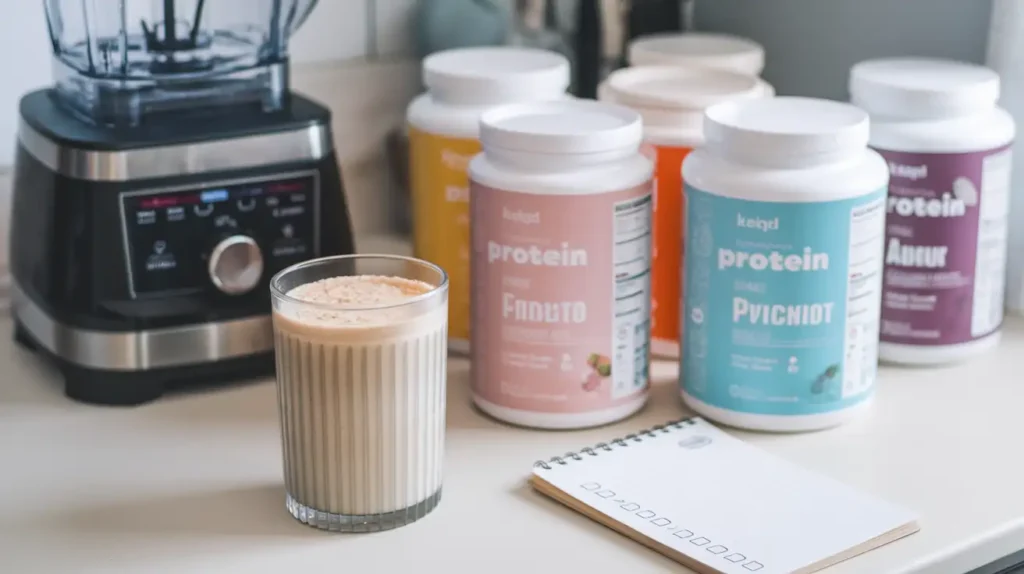
Protein powder can be such a wonderful tool in your fitness journey by providing convenience and effectiveness in meeting your protein needs. Whether you are an athlete, a bodybuilder, or just maintaining a healthy lifestyle, it’s of great importance to first choose the right protein powder and use it appropriately to impact your results maximally. Understand the various types from whey, casein, and vegan to learn how to dose and take it optimally for maximum effectiveness.
Remember, protein powders can be your supplement, but not a substitute for a balanced diet consisting of whole-food protein. However, always remember to maintain the safety barrier by consulting any healthcare professionals you need and your body’s response. Protein powder can help you support muscle recovery and manage weight while working towards fitness goals more effectively. Start small, try different kinds, or experiment with different flavors, and come up with the perfect protein powder to work for you.



